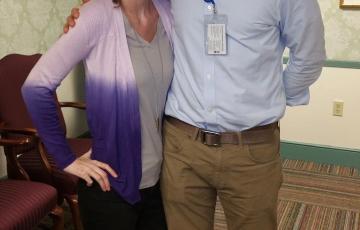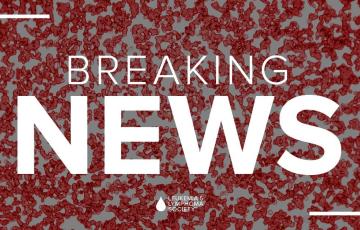Beyond the Diagnosis: Surviving and Thriving with Multiple Myeloma and Breast Cancer
Beyond the Diagnosis: Surviving and Thriving with Multiple Myeloma and Breast Cancer by Makeda Tené Ekakitie, BFA, MA and Rev. Cecelia B. Johnson, MSW, LCSW, ACSW
Prime Pace Publishing, 2024, 136 Pages, Paperback, Hardcover, or Kindle
ISBN: 979-8986764054
"Beyond the Diagnosis: Surviving and Thriving with Multiple Myeloma and Breast Cancer" unfolds an inspiring narrative that transcends the boundaries of typical medical memoirs. This poignant story, told through the intertwining perspectives of Cecelia B. Johnson, a 20 + year survivor of multiple myeloma, and her daughter, Makeda Tené Ekakitie, offers a rare and insightful look into the resilience required to navigate life with a relentless disease.
For more information click here





